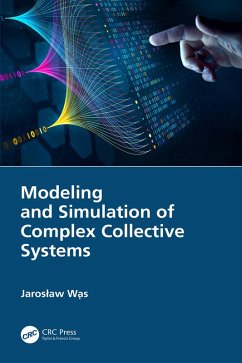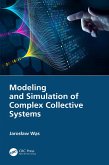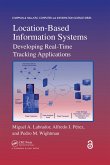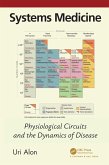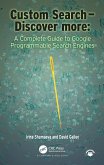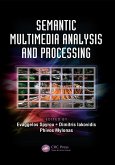Providing a comprehensive overview of the modeling of complex systems, with particular emphasis on the collective aspects of these systems, this book situates itself at the forefront of available literature. Exemplifying practically Wolfram's theses found in A New Kind of Science, discussions center on where it is best to use a cellular automaton, when it is reasonable to use a hybrid approach, and when it is best to use a traditional method such as one based on differential equations.
A range of fascinating examples are discussed, ranging from models of crowd dynamics, car traffic, downhill skiers and oil spreading across the sea surface. All are discussed and illustrated with comments. These examples explore how simple rules can create incredibly complex patterns and are used to compare cellular automata with more traditional methods.
This book is of critical importance to students and lecturers interested in complex system modeling as well as containing translatable techniques that have applications in a wide range of fields
A range of fascinating examples are discussed, ranging from models of crowd dynamics, car traffic, downhill skiers and oil spreading across the sea surface. All are discussed and illustrated with comments. These examples explore how simple rules can create incredibly complex patterns and are used to compare cellular automata with more traditional methods.
This book is of critical importance to students and lecturers interested in complex system modeling as well as containing translatable techniques that have applications in a wide range of fields
Dieser Download kann aus rechtlichen Gründen nur mit Rechnungsadresse in A, B, BG, CY, CZ, D, DK, EW, E, FIN, F, GR, HR, H, IRL, I, LT, L, LR, M, NL, PL, P, R, S, SLO, SK ausgeliefert werden.

